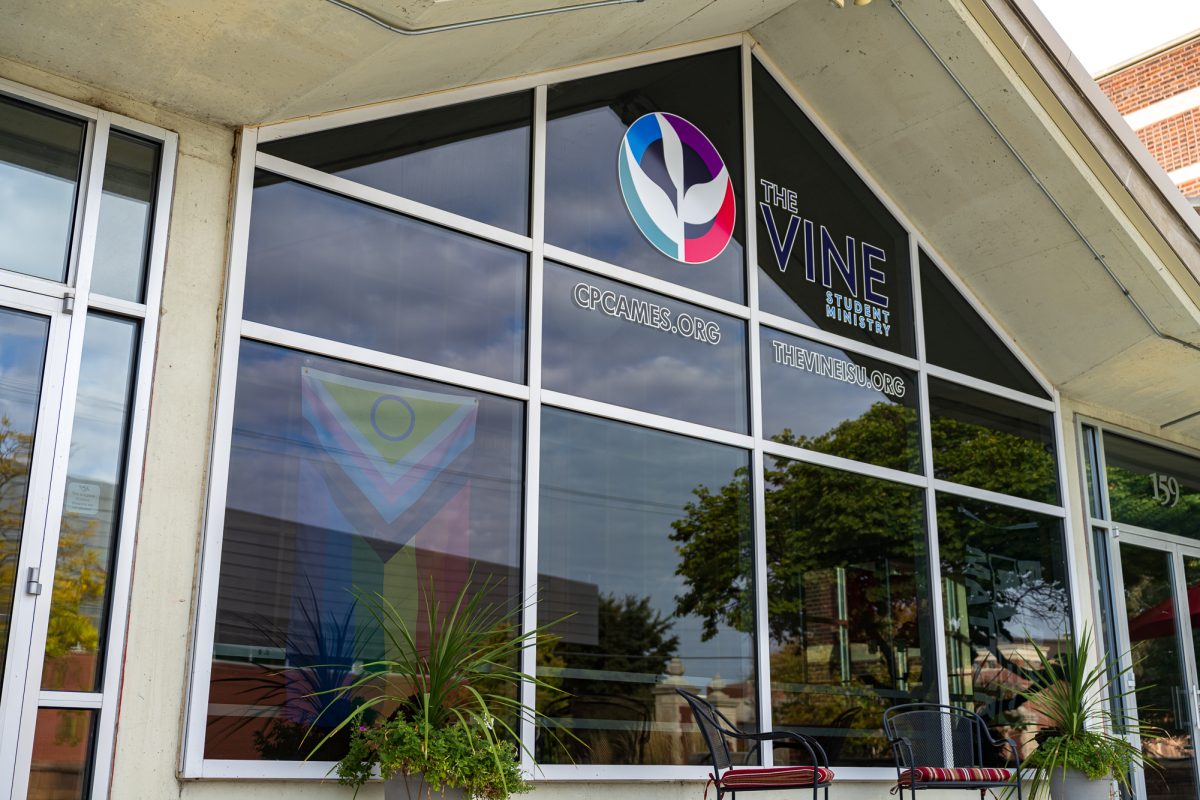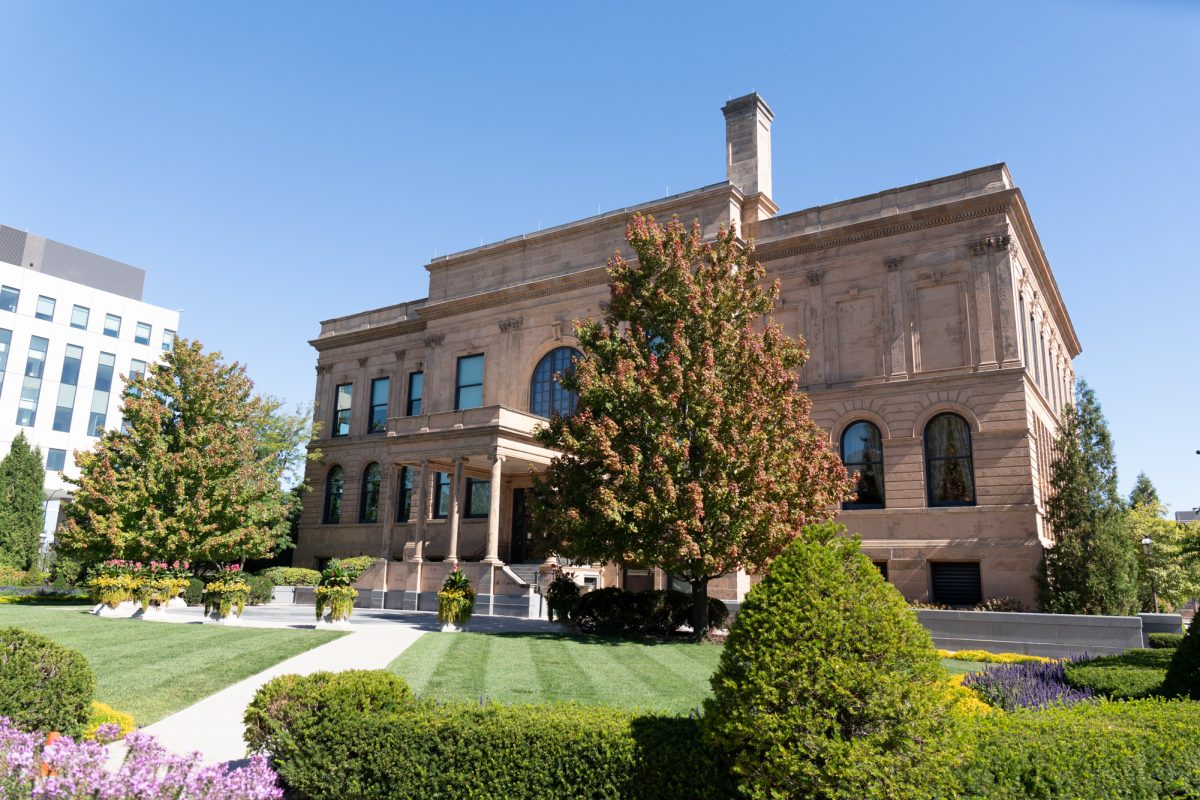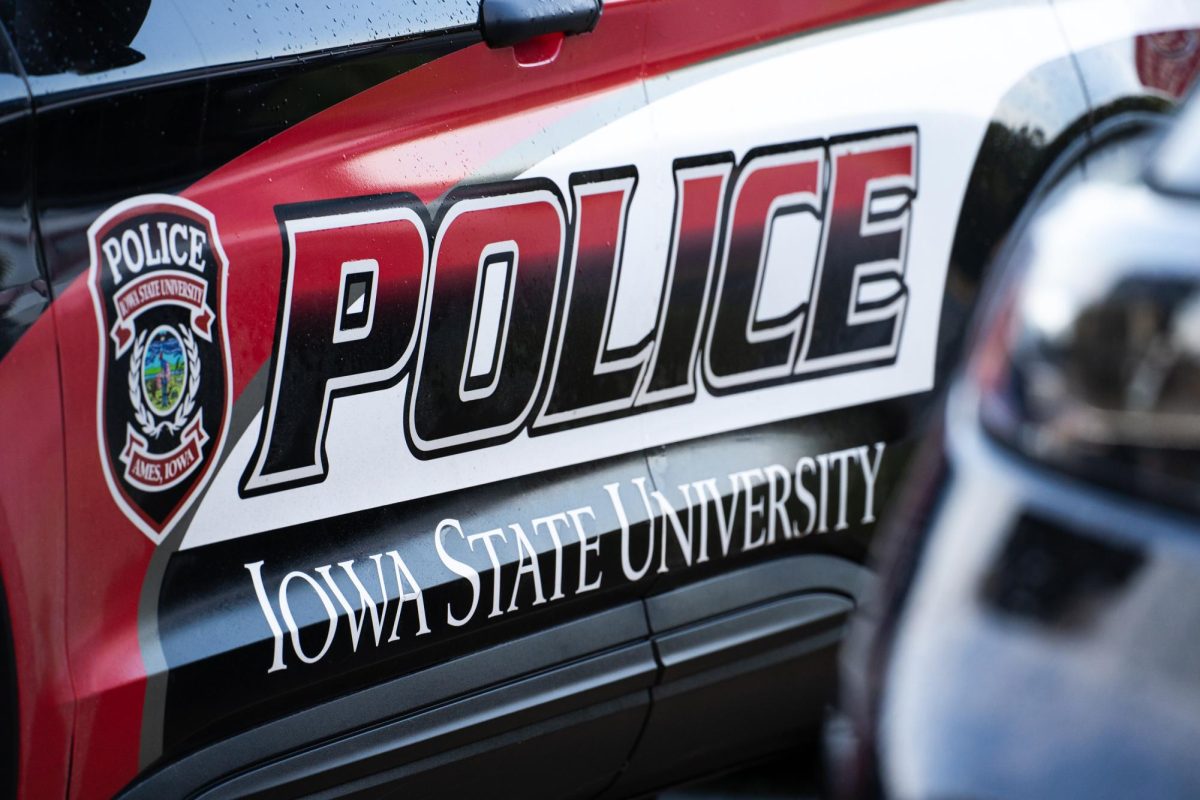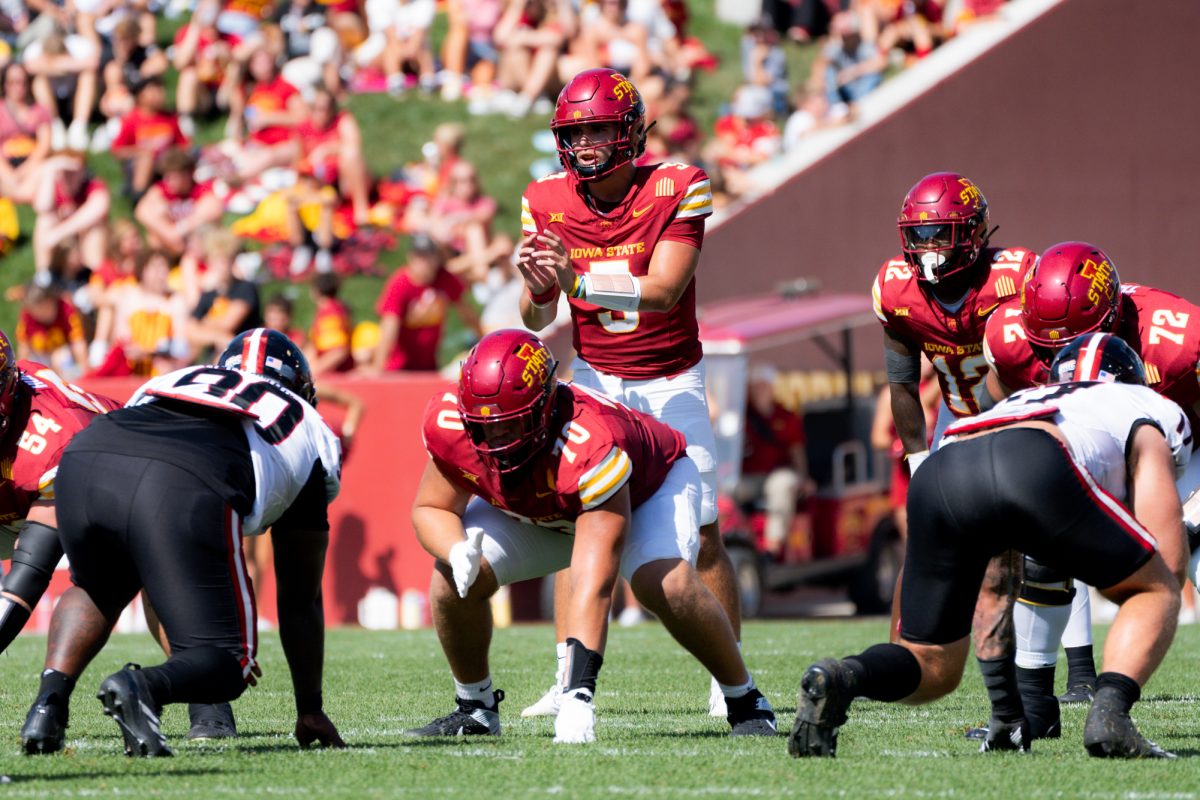Election’s over; students anticipate new Vilsack reign
November 10, 1998
After last week’s surprising gubernatorial outcome, many Iowans are looking toward the future of the state under the direction of Democrat Tom Vilsack.
“We kind of sensed that this was happening in the last two weeks,” said Jan Bauer, chairwoman of the Story County Democratic Party. “Right at the end, there was just a tremendous outpouring of the public’s wanting to get involved,” she said.
Vilsack, the Democratic contender for governor, championed the issues of education, the environment, crime, taxes and health care in his campaign, Bauer said.
“I expect that over the next several years, we will see a very activist governor who will be looking to work with the Legislature,” she said.
Jim Hutter, associate professor of political science and adviser of the Iowa State Democrats, agreed that Vilsack will be an active governor.
“Vilsack is taking a whole new approach to state government,” Hutter said. “He has focused his campaign on using the power of the government to do good in the lives of Iowans; it’s a more activist philosophy than we’ve seen.”
Not everyone believes Vilsack’s approach to government is the answer to Iowa’s problems, however.
“I don’t think there will be anything that will be changed drastically,” said Josh Church, sophomore in mechanical engineering. “In some ways, like in education, [Vilsack] will probably be better for students, but financially, Lightfoot may have served the state better.
“Everyone talks big at election time,” he said. “Whether Tom Vilsack makes good on his promises is yet to be seen.”
One of the campaign promises of particular interest to ISU students is education.
“I think we can hope to see a more proactive role of the State Board of Regents,” Bauer said. “I expect to see changes in tuition and in the policies of the current student loan program.”
Molly Klein, president of the ISU Democrats and sophomore in political science, said one of the programs Vilsack has favored is a forgivable student loan program.
“Under the proposal, for Iowa students who graduate from Iowa universities and choose to stay to work in Iowa, the first two years of student loans will be forgiven — repayment will not be expected,” Klein said.
Other changes also are expected for the Iowa universities, Hutter said.
“An issue that was talked about years ago was the Legislature’s funding of the first two years of college education,” he said. “I haven’t heard about that during this election, but tuition is out of hand and the state has a budget surplus, so I think it is a very reasonable suggestion that tuition can, and should, be lowered.”
However, Hutter said he thinks a tuition decrease will depend on action taken by students of the state universities of Iowa.
“They say that ‘it’s the squeaky wheel that gets the oil,'” he said.
Hutter said one of the things people told him about the election was that they were fed up with negative campaigning.
“Traditionally, we’d thought that that kind of advertising was very effective, but I sense that a lot of people went out to vote just because they were angry about the terrible commercials,” Hutter said.
He said he thinks the way people voted this year also showed the public is angry and disappointed at the way the Clinton issue was handled.
“Apparently, they’re saying that they don’t think it should be an issue,” he said.
Mike Johnson, sophomore in agricultural business, said he also thinks Vilsack won partly because of negative feeling toward Republicans.
“I think that this election was just representative of a nationwide backlash against the Republicans and the Monica Lewinsky scandal,” he said.






